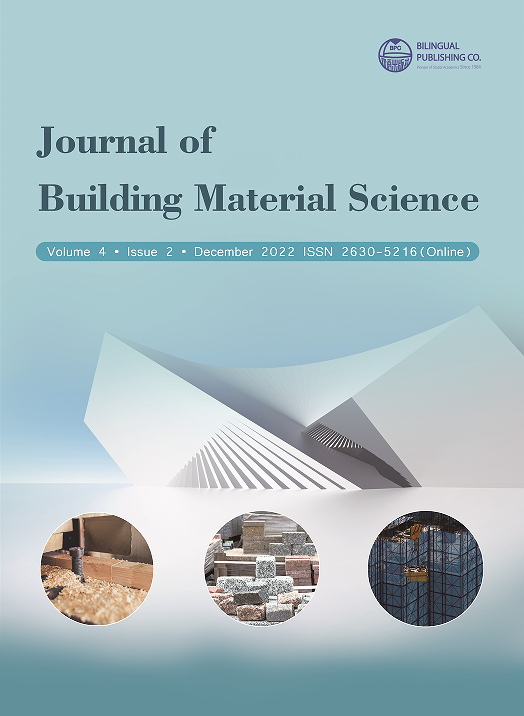
Heating, Ventilation and Air Conditioning Design for Commercial Complex Buildings: Theory and Method Based on Inverse Problem
DOI:
https://doi.org/10.30564/jbms.v4i2.5167Abstract
Scientific and technological progress and innovation help the design industry, which plays an important role in sustainable development. It will improve the operation efficiency of enterprises and explore a blue sea for enterprise. In essence, design should be the process of deriving the optimal scheme from different schemes or imaginary scenes. Based on this, this paper proposes an overall optimization method for Heating, Ventilation and Air Conditioning (HVAC) design. Compared with the traditional design method, under certain constraints, it can obtain the optimal design scheme that maximizes the value of the designed product. This study provides new inverse problem ideas and methods for HVAC designers, and provides solutions for enhancing the value of HVAC design products.
Keywords:
Science and technology; Design optimizationReferences
[1] Qadir, G., Haddad, M., Hamdan, D., 2019. Potential of energy efficiency for a traditional Emirati house by Estidama Pearl Rating system. Energy Procedia. (160), 707-714.
[2] Saxena, R., Rakshit, D., Kaushik, S.C., 2019. Phase change material (PCM) incorporated bricks for energy conservation in composite climate: A sustainable building solution. Solar Energy. (183), 276-284.
[3] Albayyaa, H., Hagare, D., Saha, S., 2019. Energy conservation in residential buildings by incorporating Passive Solar and Energy Efficiency Design Strategies and higher thermal mass. Energy and Buildings. (182), 205-213.
[4] Balli, L., Hlimi, M., Achenani, Y., et al., 2022. Experimental study and numerical modeling of the thermal behavior of an industrial prototype ceramic furnace: energy and environmental optimization. Energy and Built Environment.
[5] Ammaria, C., Belatracheb, D., Touhamic, B., et al., 2022. Sizing, optimization, control and energy management of hybrid renewable energy system—A review. Energy and Built Environment. (3), 399-411.
[6] Zhang, Y., Zhang, X., 2021. New Approach and Alternate Criterion for Heat-transfer Analysis of Building. Journal of Building Material Science. (03), 19-26.
Downloads
How to Cite
Issue
Article Type
License
Copyright © 2022 Yu Zhang

This is an open access article under the Creative Commons Attribution-NonCommercial 4.0 International (CC BY-NC 4.0) License.







 Yu Zhang
Yu Zhang





